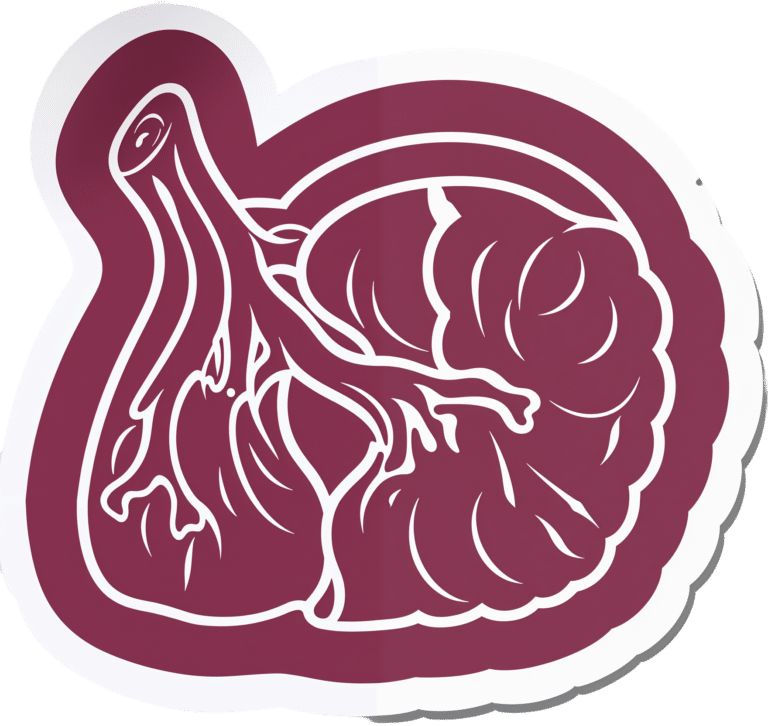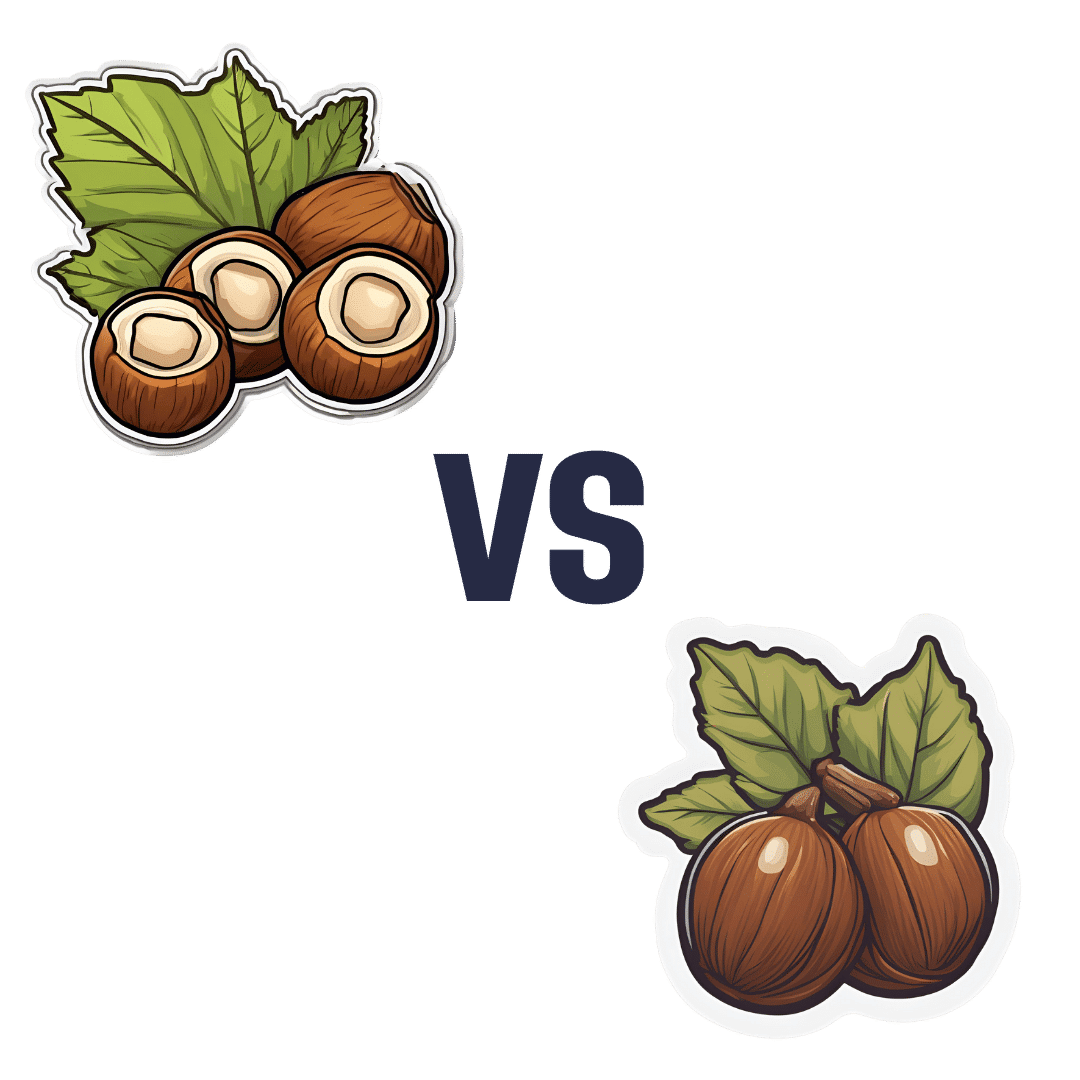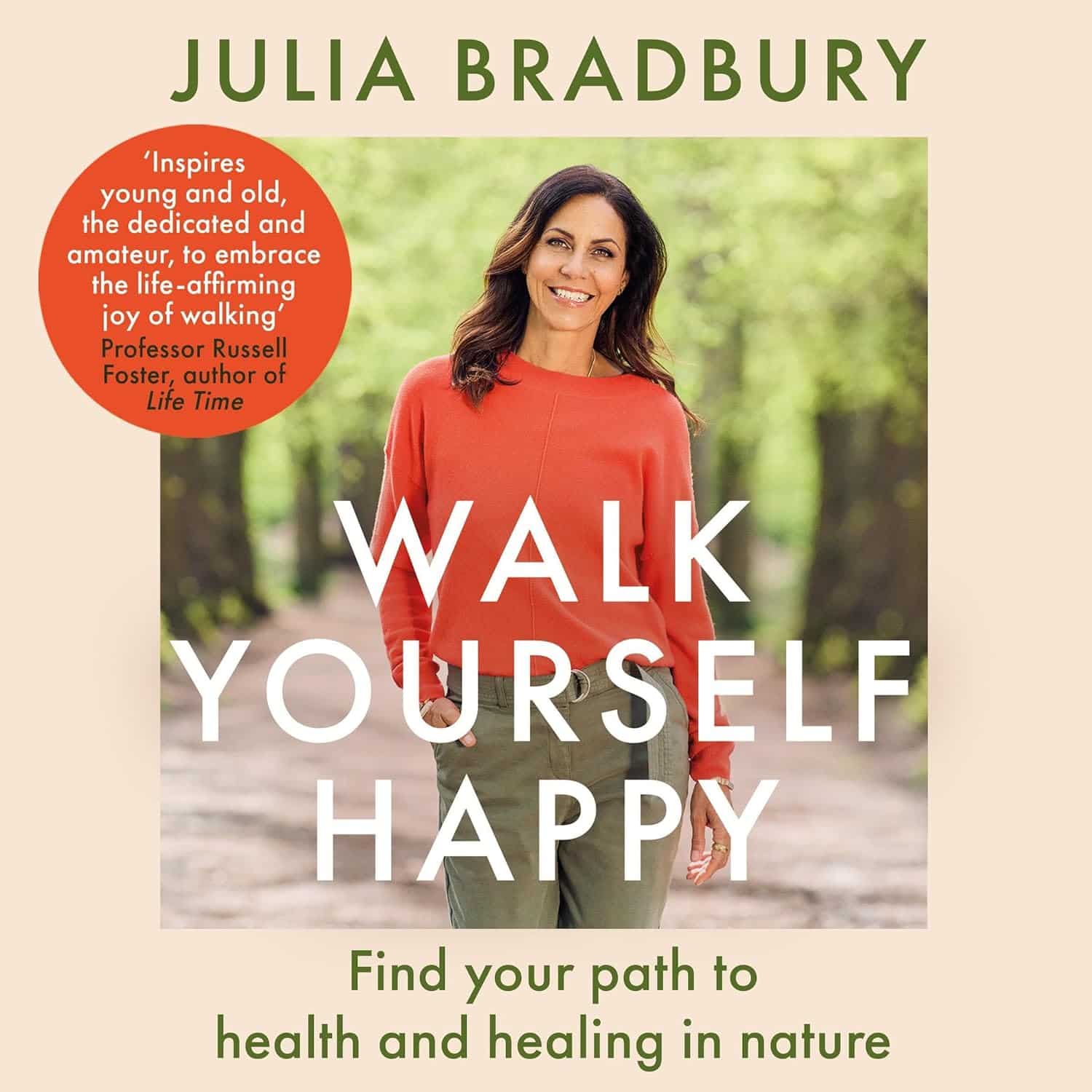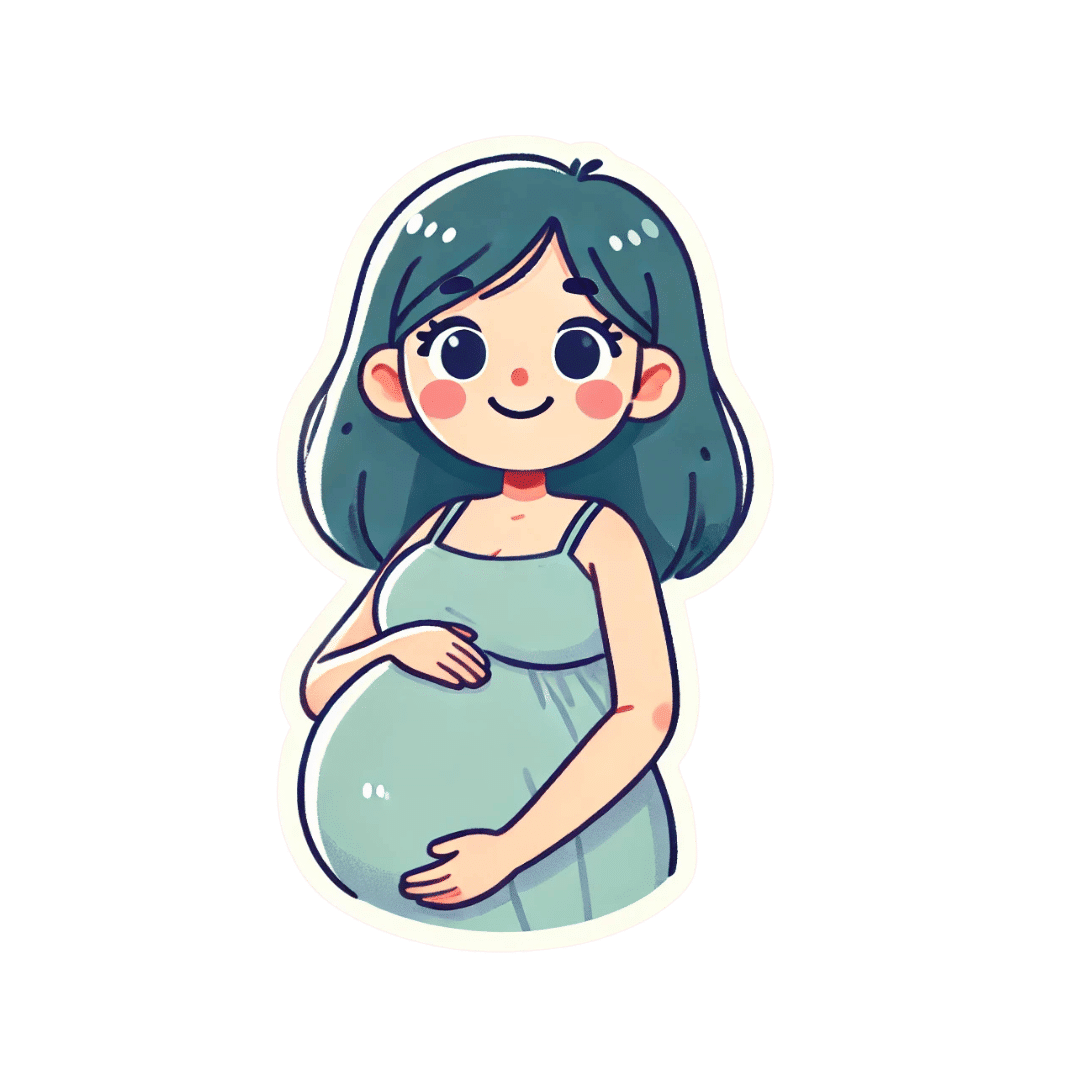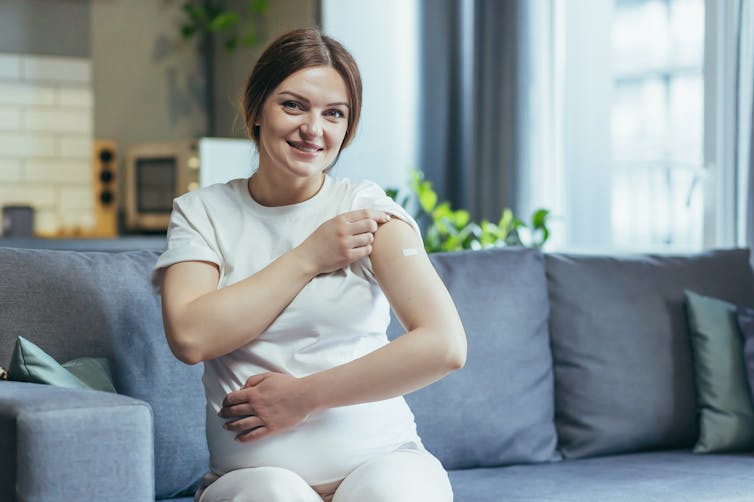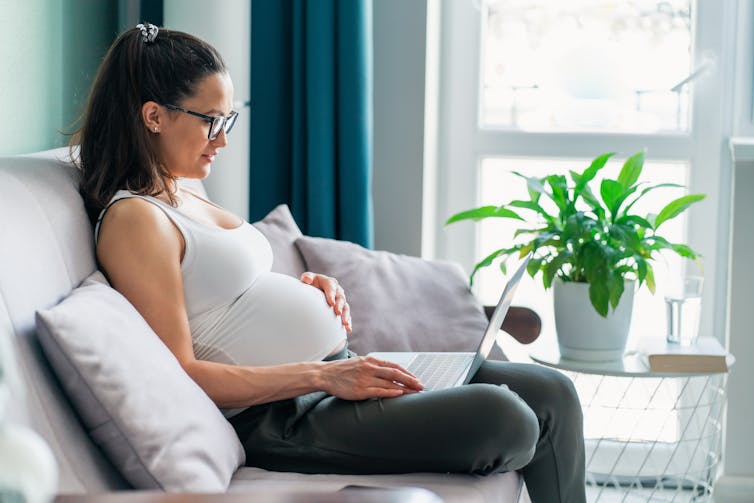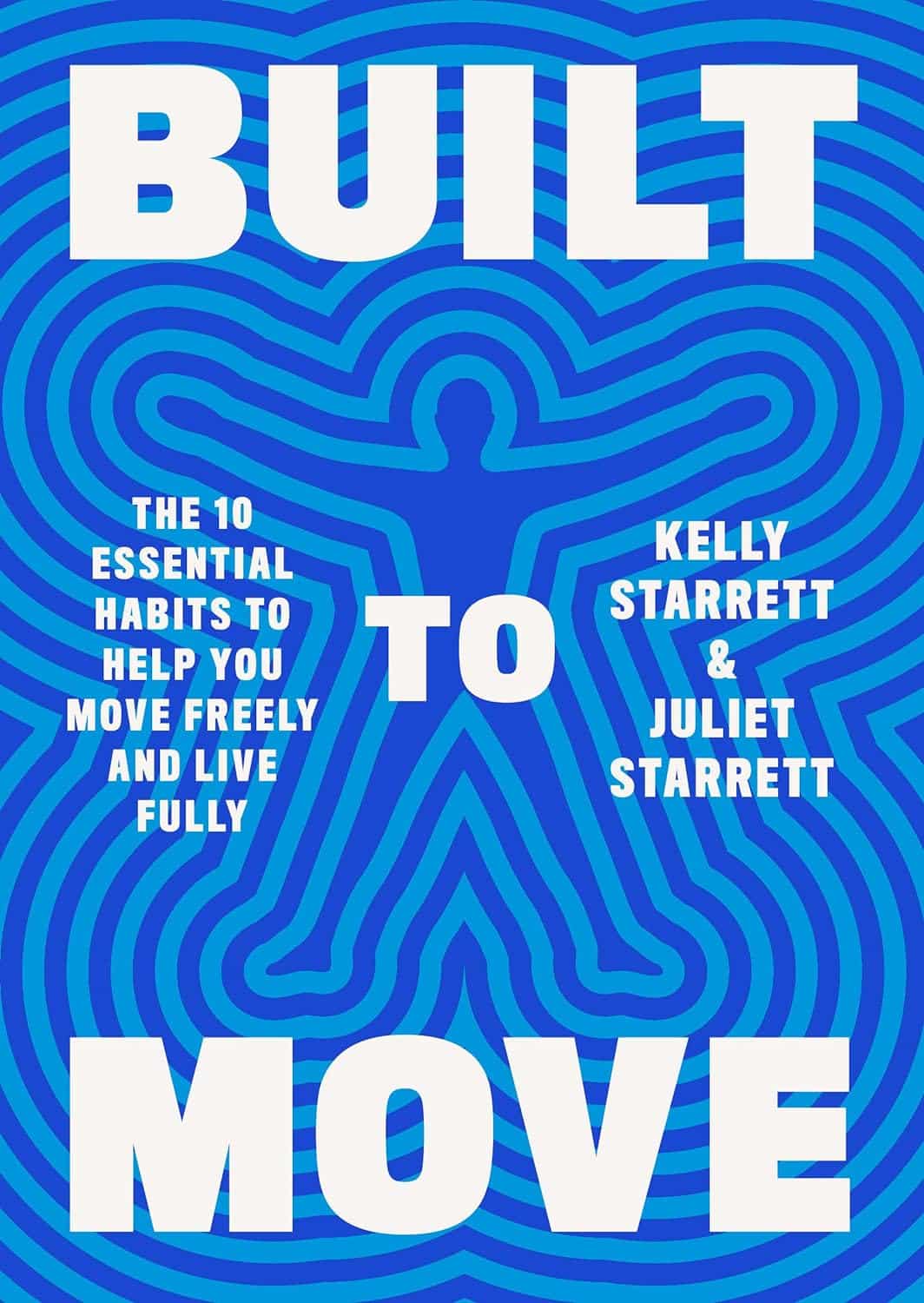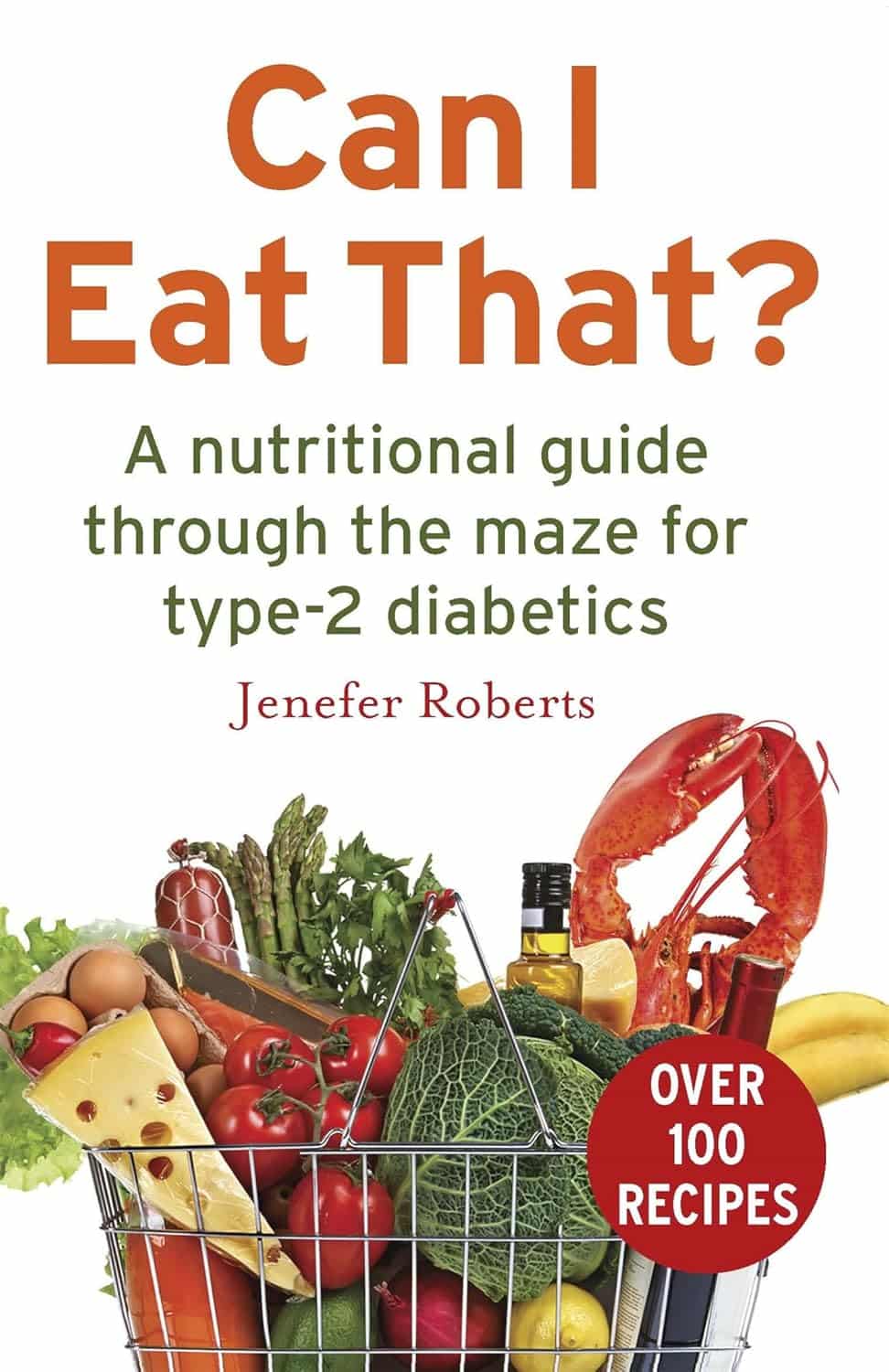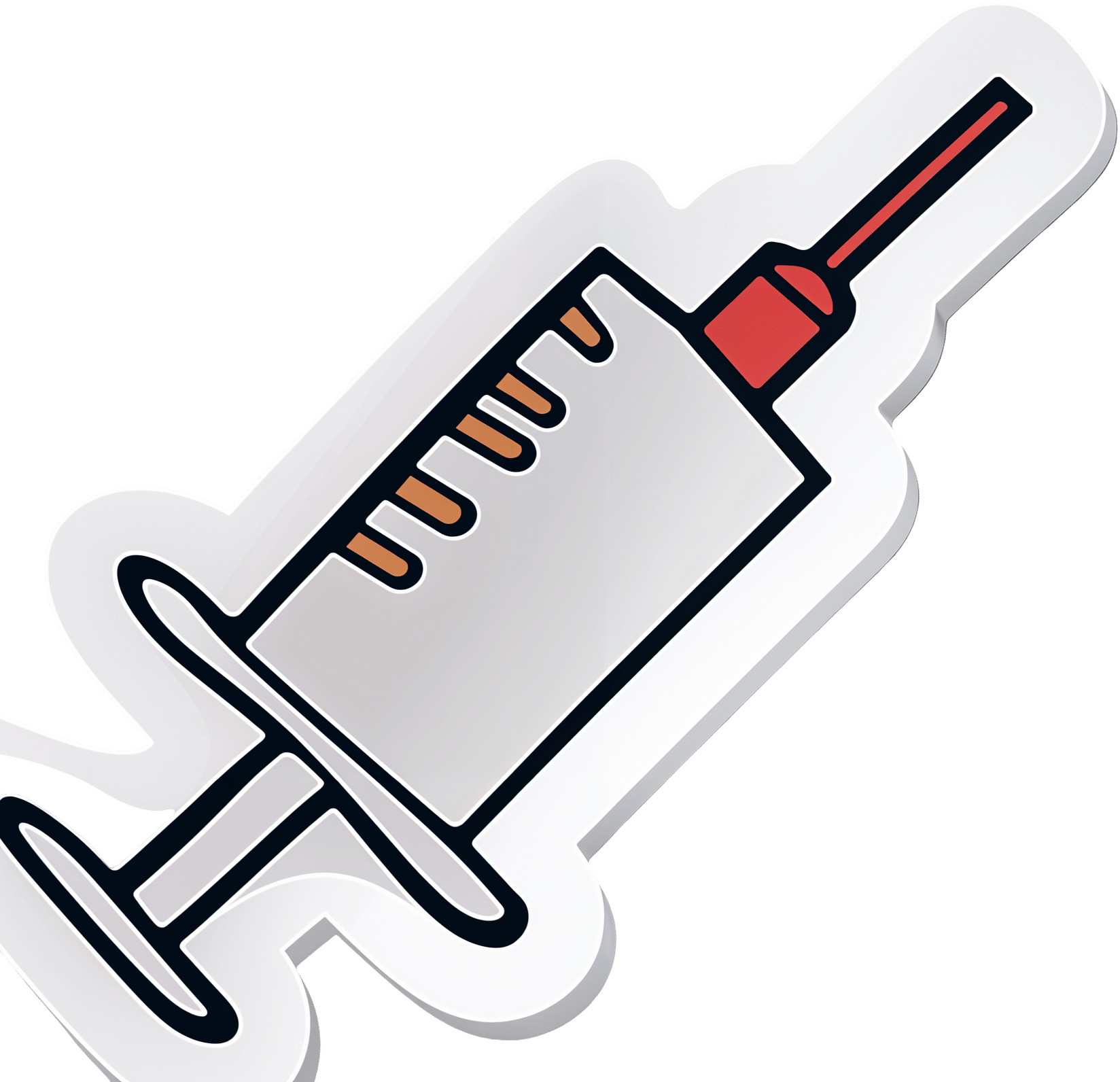
The Truth About Vaccines
10almonds is reader-supported. We may, at no cost to you, receive a portion of sales if you purchase a product through a link in this article.
The Truth About Vaccines

Yesterday we asked your views on vaccines, and we got an interesting spread of answers. Of those who responded to the poll, most were in favour of vaccines. We got quite a lot of comments this time too; we can’t feature them all, but we’ll include extracts from a few in our article today, as they raised interesting points!
Vaccines contain dangerous ingredients that will harm us more than the disease would: True or False?
False, contextually.
Many people are very understandably wary of things they know full well to be toxic, being injected into them.
One subscriber who voted for “Vaccines are poison, and/or are some manner of conspiracy ” wrote:
❝I think vaccines from 50–60 years ago are true vaccines and were safer than vaccines today. I have not had a vaccine for many, many years, and I never plan to have any kind of vaccine/shot again.❞
They didn’t say why they personally felt this way, but the notion that “things were simpler back in the day” is a common (and often correct!) observation regards health, especially when it comes to unwanted additives and ultraprocessing of food.
Things like aluminum or mercury in vaccines are much like sodium and chlorine in table salt. Sodium and chlorine are indeed both toxic to us. But in the form of sodium chloride, it’s a normal part of our diet, provided we don’t overdo it.
Additionally, the amount of unwanted metals (e.g. aluminum, mercury) in vaccines is orders of magnitude smaller than the amount in dietary sources—even if you’re a baby and your “dietary sources” are breast milk and/or formula milk.
In the case of formaldehyde (an inactivating agent), it’s also the dose that makes the poison (and the quantity in vaccines is truly miniscule).
This academic paper alone cites more sources than we could here without making today’s newsletter longer than it already is:
Vaccine Safety: Myths and Misinformation
I have a perfectly good immune system, it can handle the disease: True or False?
True! Contingently.
In fact, our immune system is so good at defending against disease, that the best thing we can do to protect ourselves is show our immune system a dead or deactivated version of a pathogen, so that when the real pathogen comes along, our immune system knows exactly what it is and what to do about it.
In other words, a vaccine.
One subscriber who voted for “Vaccines are important but in some cases the side effects can be worse ” wrote:
❝In some ways I’m vacd out. I got COVid a few months ago and had no symptoms except a cough. I have asthma and it didn’t trigger a lot of congestion. No issues. I am fully vaccinated but not sure I’ll get one in fall.❞
We’re glad this subscriber didn’t get too ill! A testimony to their robust immune system doing what it’s supposed to, after being shown a recent-ish edition of the pathogen, in deactivated form.
It’s very reasonable to start wondering: “surely I’m vaccinated enough by now”
And, hopefully, you are! But, as any given pathogen mutates over time, we eventually need to show our immune system what the new version looks like, or else it won’t recognize it.
See also: Why Experts Think You’ll Need a COVID-19 Booster Shot in the Future
So why don’t we need booster shots for everything? Often, it’s because a pathogen has stopped mutating at any meaningful rate. Polio is an example of this—no booster is needed for most people in most places.
Others, like flu, require annual boosters to keep up with the pathogens.
Herd immunity will keep us safe: True or False?
True! Ish.
But it doesn’t mean what a lot of people think it means. For example, in the UK, “herd immunity” was the strategy promoted by Prime Minister of the hour, Boris Johnson. But he misunderstood what it meant:
- What he thought it meant: everyone gets the disease, then everyone who doesn’t die is now immune
- What it actually means: if most people are immune to the disease (for example: due to having been vaccinated), it can’t easily get to the people who aren’t immune
One subscriber who voted for “Vaccines are critical for our health; vax to the max! ” wrote:
❝I had a chiropractor a few years ago, who explained to me that if the general public took vaccines, then she would not have to vaccinate her children and take a risk of having side effects❞
Obviously, we can’t speak for this subscriber’s chiropractor’s children, but this raises a good example: some people can’t safely have a given vaccine, due to underlying medical conditions—or perhaps it is not available to them, for example if they are under a certain age.
In such cases, herd immunity—other people around having been vaccinated and thus not passing on the disease—is what will keep them safe.
Here’s a useful guide from the US Dept of Health and Human Services:
How does community immunity (a.k.a. herd immunity) work?
And, for those who are more visually inclined, here’s a graphical representation of a mathematical model of how herd immunity works (you can run a simulation)!
Stay safe!
Don’t Forget…
Did you arrive here from our newsletter? Don’t forget to return to the email to continue learning!
Recommended
Learn to Age Gracefully
Join the 98k+ American women taking control of their health & aging with our 100% free (and fun!) daily emails:
-
Hazelnuts vs Chestnuts – Which is Healthier?
10almonds is reader-supported. We may, at no cost to you, receive a portion of sales if you purchase a product through a link in this article.
Our Verdict
When comparing hazelnuts to chestnuts, we picked the hazelnuts.
Why?
This one’s not close.
In terms of macros, we have some big difference to start with, since chestnuts contain a lot more water and carbs whereas hazelnuts contain a lot more protein, fats, and fiber. The fats, as with most nuts, are healthy; in this case mostly being monounsaturated fat.
Because of the carbs and fiber being so polarized (i.e., chestnuts have most of the carbs and hazelnuts have most of the fiber), there’s a big difference in glycemic index; hazelnuts have a GI of 15 while chestnuts have a GI of 52.
In the category of vitamins, hazelnuts contain more of vitamins A, B1, B2, B3, B5, B6, and B9, while chestnuts contain more vitamin C.
When it comes to minerals, the story is similar: hazelnuts contain a lot more calcium, copper, iron, magnesium, manganese, phosphorus, and zinc, while chestnuts contain a tiny bit more potassium.
All in all, enjoy either or both, but nutritionally speaking, hazelnuts are a lot better in almost every way.
Want to learn more?
You might like to read:
Why You Should Diversify Your Nuts
Take care!
Share This Post
-
Hummus vs Guacamole – Which is Healthier?
10almonds is reader-supported. We may, at no cost to you, receive a portion of sales if you purchase a product through a link in this article.
Our Verdict
When comparing hummus to guacamole, we picked the guacamole.
Why?
First up, let’s assume that the standards are comparable, for example that both have been made with simple whole foods. The hummus is mostly chickpeas with tahini and a little olive oil and some seasoning; the guacamole is mostly avocado with a little lime juice and some seasoning.
In terms of macronutrients, hummus has slightly more protein and fiber, 2x the carbohydrates (but they are healthy carbs), and usually slightly less fat (but the fats are healthy in both cases).
In terms of micronutrients, the hummus is rich in iron and B vitamins, and the guacamole is rich in potassium, magnesium, vitamins C, E, and K.
So far, it’s pretty much tied. What else is there to consider?
We picked the guacamole because some of its nutrients (especially the potassium, magnesium, and vitamin K) are more common deficiencies in most people’s diets than iron and B vitamins. So, on average, it’s probably the one with the nutrients that you need more of at any given time.
So, it was very very close, and it came down to the above as the deciding factor.
However!
- If you like one and not the other? Eat that one; it’s good.
- If you like both but feel like eating one of them in particular? Eat that one; your body is probably needing those nutrients more right now.
- If you are catering for a group of people? Serve both!
- If you are catering for just yourself and would enjoy both? Serve both! There’s nobody to stop you!
Want to read more?
You might like: Avocado Oil vs Olive Oil – Which is Healthier?
Enjoy!
Share This Post
-
Walk Yourself Happy – by Dr. Julia Bradbury
10almonds is reader-supported. We may, at no cost to you, receive a portion of sales if you purchase a product through a link in this article.
Notwithstanding her (honorary) doctorate, Dr. Bradbury is not, in fact, a scientist. But…
- She has a lot of experience walking all around the world, and her walking habit has seen her through all manner of things, from stress and anxiety to cancer and grief and more.
- She does, throughout this book, consult many scientists and other experts (indeed, some we’ve featured here before at 10almonds), so we still get quite a dose of science too.
The writing style of this book is… Compelling. Honestly, the biggest initial barrier to you getting out of the door will be putting this book down first.If you have good self-discipline, you might make it last longer by treating yourself to a chapter per day
Bottom line: you probably don’t need this book to know how to go for a walk, but it will motivate, inspire, and even inform you of how to get the most out of it. Treat yourself!
Click here to check out Walk Yourself Happy, and prepare for a new healthy habit!
Share This Post
Related Posts
-
Pregnant women can now get a free RSV shot. What other vaccines do you need when you’re expecting?
10almonds is reader-supported. We may, at no cost to you, receive a portion of sales if you purchase a product through a link in this article.
From today, February 3, pregnant women in Australia will be eligible for a free RSV vaccine under the National Immunisation Program.
This vaccine is designed to protect young infants from severe RSV (respiratory syncytial virus). It does so by generating the production of antibodies against RSV in the mother, which then travel across the placenta to the baby.
While the RSV vaccine is a new addition to the National Immunisation Program, it’s one of three vaccines provided free for pregnant women under the program, alongside ones for influenza and whooping cough. Each offers important protection for newborn babies.
voronaman/Shutterstock The RSV vaccine
RSV is the most common cause of lower respiratory infections (bronchiolitis and pneumonia) in infants. It’s estimated that of every 100 infants born in Australia each year, at least two will be hospitalised with RSV by six months of age.
RSV infection is most common roughly between March and August in the southern hemisphere, but infection can occur year-round, especially in tropical areas.
The vaccine works by conferring passive immunity (from the mother) as opposed to active immunity (the baby’s own immune response). By the time the baby is born, their antibodies are sufficient to protect them during the first months of life when they are most vulnerable to severe RSV disease.
The RSV vaccine registered for use in pregnant women in Australia, Abrysvo, has been used since 2023 in the Americas and Europe. Real-world experience there shows it’s working well.
For example, over the 2024 RSV season in Argentina, it was found to prevent 72.7% of lower respiratory tract infections caused by RSV and requiring hospitalisation in infants aged 0–3 months, and 68% among those aged 0–6 months. This research noted three deaths from RSV, all in infants whose mothers did not receive the RSV vaccine during pregnancy.
This was similar to protection seen in a large multinational clinical trial that compared babies born to mothers who received this RSV vaccine with babies born to mothers who received a placebo. This study found the vaccine prevented 82.4% of severe cases of RSV in infants aged under three months, and 70% under six months, and that the vaccine was safe.
Vaccinating mothers during pregnancy protects the newborn baby. StoryTime Studio/Shutterstock In addition to the maternal vaccine, nirsevimab, a long-acting monoclonal antibody, provides effective protection against severe RSV disease. It’s delivered to the baby by an intramuscular injection, usually in the thigh.
Nirsevimab is recommended for babies born to women who did not receive an RSV vaccine during pregnancy, or who are born within two weeks of their mother having received the shot (most likely if they’re born prematurely). It may also be recommended for babies who are at higher risk of RSV due to a medical condition, even if their mother was vaccinated.
Nirsevimab is not funded under the National Immunisation Program, but is covered under various state and territory-based programs for infants of mothers who fall into the above categories.
But now we have a safe and effective RSV vaccine for pregnancy, all pregnant women should be encouraged to receive it as the first line of prevention. This will maximise the number of babies protected during their first months of life.
Flu and whooping cough
It’s also important pregnant women continue to receive flu and whooping cough vaccines in 2025. Like the RSV vaccine, these protect infants by passing antibodies from mother to baby.
There has been a large whooping cough outbreak in Australia in recent months, including a death of a two-month-old infant in Queensland in November 2024.
The whooping cough vaccine, given in combination with diphtheria and tetanus, prevents more than 90% of whooping cough cases in babies too young to receive their first whooping cough vaccine dose.
Similarly, influenza can be deadly in young babies, and maternal flu vaccination substantially reduces hospital visits associated with influenza for babies under six months. Flu can also be serious for pregnant women, so the vaccine offers important protection for the mother as well.
COVID vaccines are safe in pregnancy, but unless a woman is otherwise eligible, they’re not routinely recommended. You can discuss this with your health-care provider.
When and where can you get vaccinated?
Pregnant women can receive these vaccines during antenatal visits through their GP or in a specialised antenatal clinic.
The flu vaccine is recommended at any time during pregnancy, the whooping cough vaccine from 20 weeks (ideally before 32 weeks), and the RSV vaccine from 28 weeks (before 36 weeks).
It’s safe to receive multiple vaccinations at the same clinic visit.
The RSV vaccine is now available for pregnant women under the National Immunisation Program. Olga Rolenko/Shutterstock We know vaccination rates have declined in a variety of groups since the pandemic, and there’s evidence emerging that suggests this trend has occurred in pregnant women too.
A recent preprint (a study yet to be peer-reviewed) found a decrease of nearly ten percentage points in flu vaccine coverage among pregnant women in New South Wales, from 58.8% in 2020 to 49.1% in 2022. The research showed a smaller drop of 1.4 percentage points for whooping cough, from 79% in 2020 to 77.6% in 2022.
It’s important to work to improve vaccination rates during pregnancy to give babies the best protection in their first months of life.
We know pregnant women would like to receive information about new and routine maternal vaccines early in pregnancy. In particular, many pregnant women want to understand how vaccines are tested for safety, and their effectiveness, which was evident during COVID.
GPs and midwives are trusted sources of information on vaccines in pregnancy. There’s also information available online on Sharing Knowledge About Immunisation, a collaboration led by the National Centre for Immunisation Research and Surveillance.
Archana Koirala, Paediatrician and Infectious Diseases Specialist, University of Sydney; Bianca Middleton, Senior Research Fellow, Menzies School of Health Research; Margie Danchin, Professor of Paediatrics and vaccinologist, Royal Childrens Hospital, University of Melbourne and Murdoch Childrens Research Institute (MCRI); Associate Dean International, University of Melbourne, Murdoch Children’s Research Institute; Peter McIntyre, Professor in Women’s and Children’s Health, University of Otago, and Rebecca Doyle, Adjunct Research Fellow, School of Nursing, Midwifery and Social Work, The University of Queensland
This article is republished from The Conversation under a Creative Commons license. Read the original article.
Don’t Forget…
Did you arrive here from our newsletter? Don’t forget to return to the email to continue learning!
Learn to Age Gracefully
Join the 98k+ American women taking control of their health & aging with our 100% free (and fun!) daily emails:
-
Built to Move – by Kelly starrett & Juliet Starrett
10almonds is reader-supported. We may, at no cost to you, receive a portion of sales if you purchase a product through a link in this article.
In our everyday lives, for most of us anyway, it’s not too important to be able to run a marathon or leg-press a car. Rather more important, however, are such things as:
- being able to get up from the floor comfortably
- reach something on a high shelf without twinging a shoulder
- being able to put our socks on without making a whole plan around this task
- get accidentally knocked by an energetic dog or child and not put our back out
- etc
Starrett and Starrett, of “becoming a supple leopard” fame, lay out for us how to make sure our mobility stays great. And, if it’s not already where it needs to be, how to get there.
The “ten essential habits” mentioned in the subtitle “ten essential habits to help you move freely and live fully”, in fact also come with ten tests. No, not in the sense of arduous trials, but rather, mobility tests.
For each test, it’s explained to us how to score it out of ten (this is an objective assessment, not subjective). It’s then explained how to “level up” whatever score we got, with different advices for different levels of mobility or immobility. And if we got a ten, then of course, we just build the appropriate recommended habit into our daily life, to keep it that way.
The writing style is casual throughout, and a strong point of the book is its very clear illustrations, too.
Bottom line: if you’d like to gain/maintain good mobility (at any age), this book gives a very reliable outline for doing so.
Click here to check out Built to Move, and take care of your body!
Don’t Forget…
Did you arrive here from our newsletter? Don’t forget to return to the email to continue learning!
Learn to Age Gracefully
Join the 98k+ American women taking control of their health & aging with our 100% free (and fun!) daily emails:
-
Can I Eat That? – by Jenefer Roberts
10almonds is reader-supported. We may, at no cost to you, receive a portion of sales if you purchase a product through a link in this article.
The answer to the question in the title is: you can eat pretty much anything, if you’re prepared for the consequences!
This book looks to give you the information to make your own decisions in that regard. There’s a large section on the science of glucose metabolism in the context of food (other aspects of glucose metabolism aren’t covered), so you will not simply be told “raw carrots are good; mashed potatoes are bad”, you’ll understand many factors that affect it, e.g:
- Macronutrient profiles of food and resultant base glycemic indices
- How the glycemic index changes if you cut something, crush it, mash it, juice it, etc
- How the glycemic index changes if you chill something, heat it, fry it, boil it, etc
- The many “this food works differently in the presence of this other food” factors
- How your relative level of insulin resistance affects things itself
…and much more.
The style is simple and explanatory, without deep science, but with good science and comprehensive advice.
There are also the promised recipes; they’re in an appendix at the back and aren’t the main meat of the book, though.
Bottom line: if you’ve ever found it confusing working out what works how in the mysterious world of diabetes nutrition, this book is a top tier demystifier.
Click here to check out Can I Eat That?, and gain confidence in your food choices!
Don’t Forget…
Did you arrive here from our newsletter? Don’t forget to return to the email to continue learning!
Learn to Age Gracefully
Join the 98k+ American women taking control of their health & aging with our 100% free (and fun!) daily emails:

